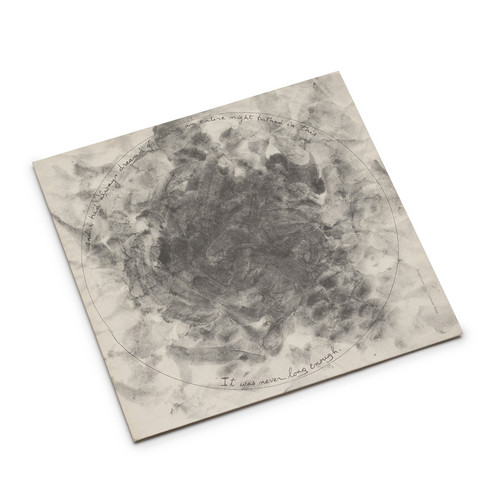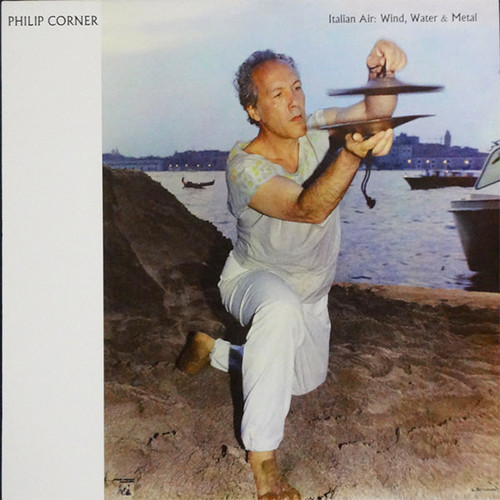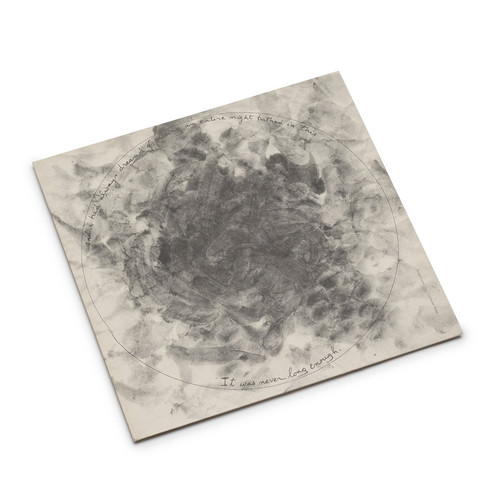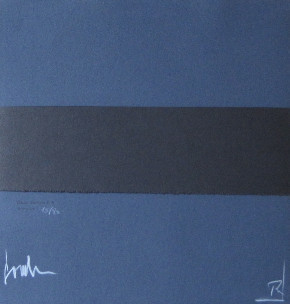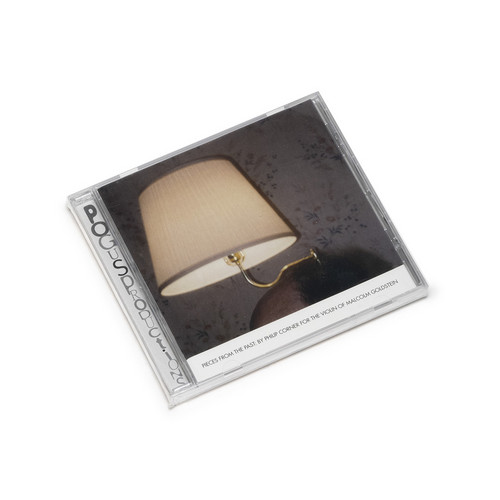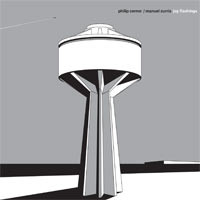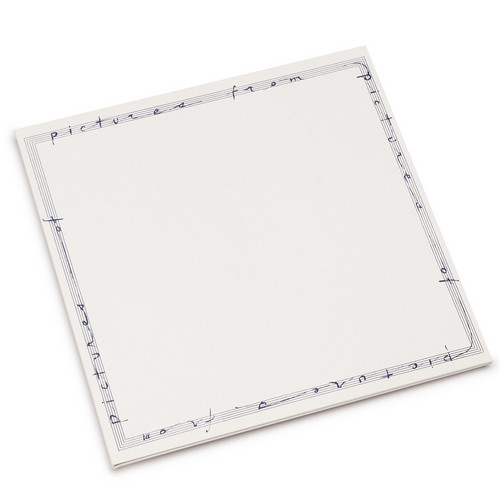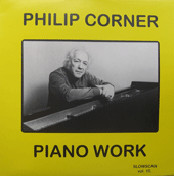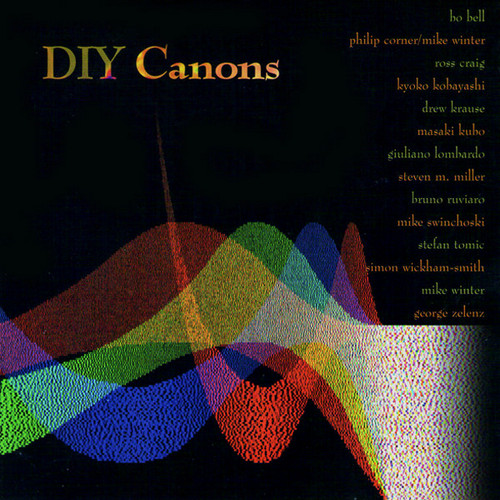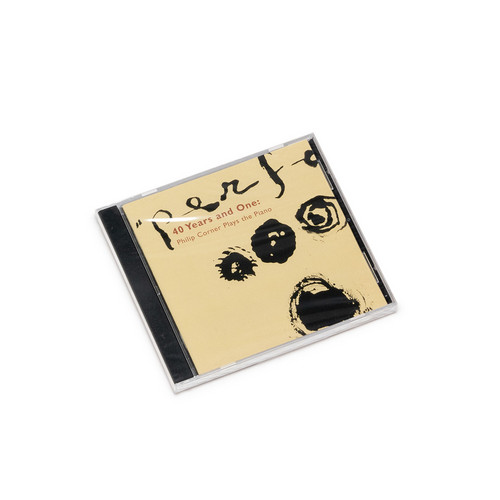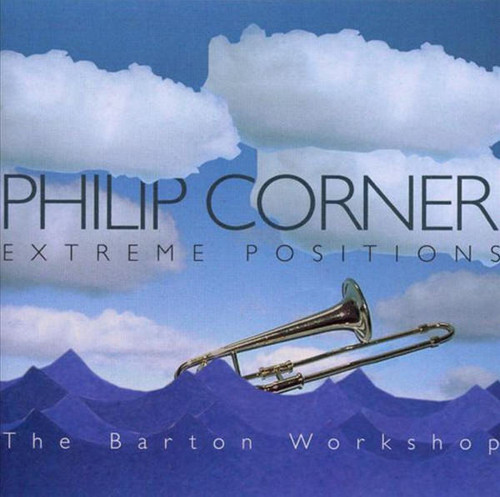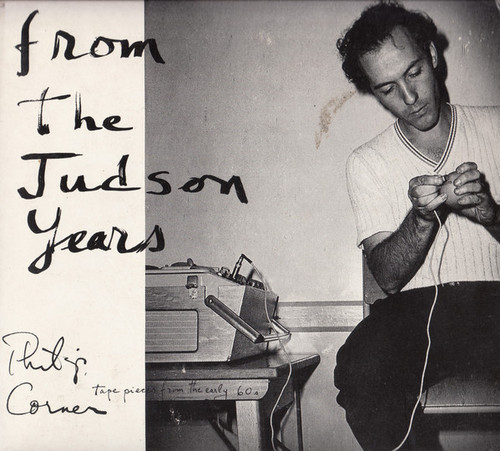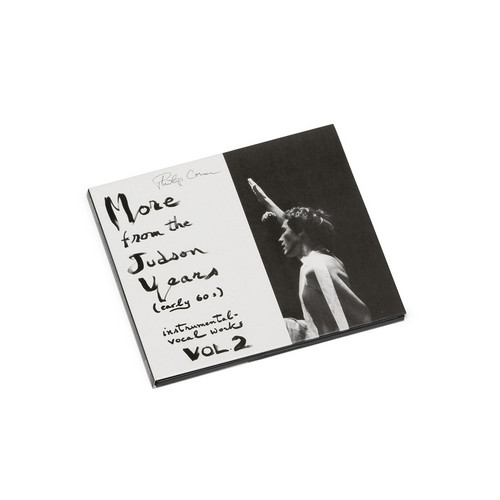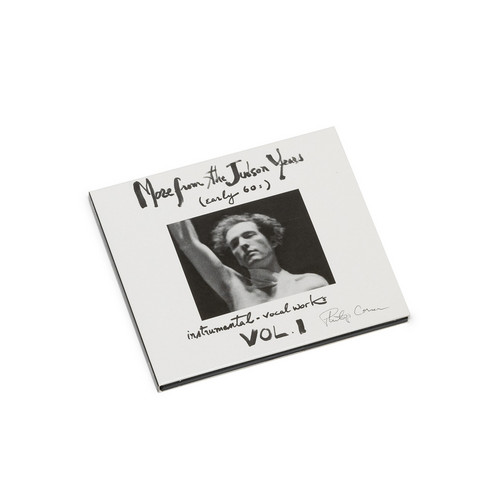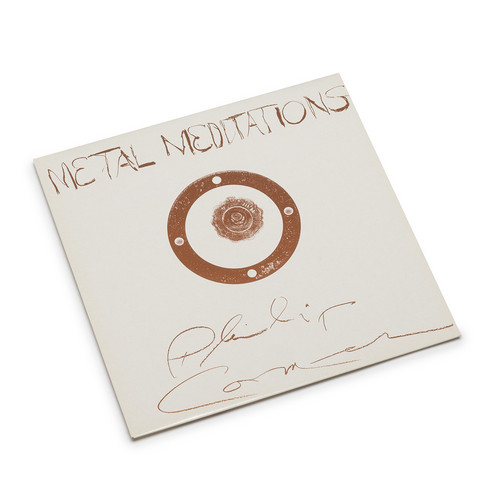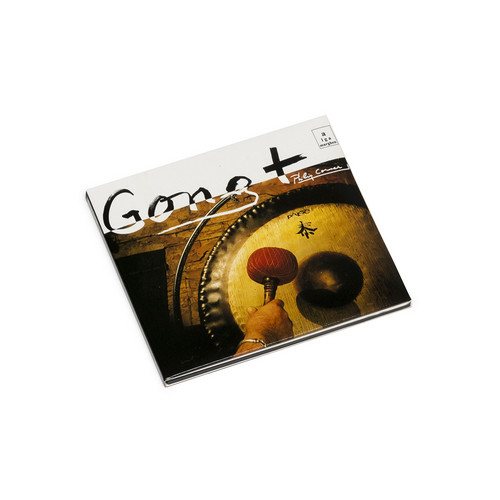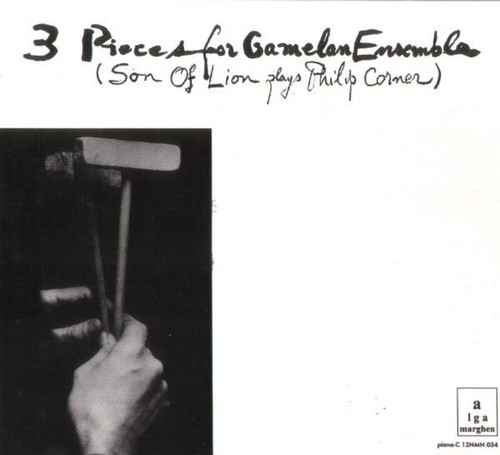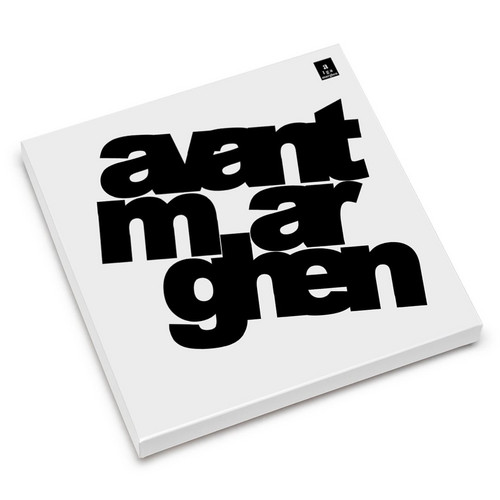Philip Corner
Corner became interested in calligraphy during military service in Korea. While there he became enamored with Korean traditional music, particularly the jeongak composition Sujecheon. Many of his scores are open-ended in that some elements are specified, but others are left partially or entirely to the discretion of the performers. Some employ standard notation, whereas others are graphic scores, text scores, etc. His music also frequently explores unintentional sound, chance activities, minimalism, and non-Western instruments and tuning systems. Also in his oeuvre are piano pieces, choral works, electronic music, and more than 400 works.

Corner became interested in calligraphy during military service in Korea. While there he became enamored with Korean traditional music, particularly the jeongak composition Sujecheon. Many of his scores are open-ended in that some elements are specified, but others are left partially or entirely to the discretion of the performers. Some employ standard notation, whereas others are graphic scores, text scores, etc. His music also frequently explores unintentional sound, chance activities, minimalism, and non-Western instruments and tuning systems. Also in his oeuvre are piano pieces, choral works, electronic music, and more than 400 works.
